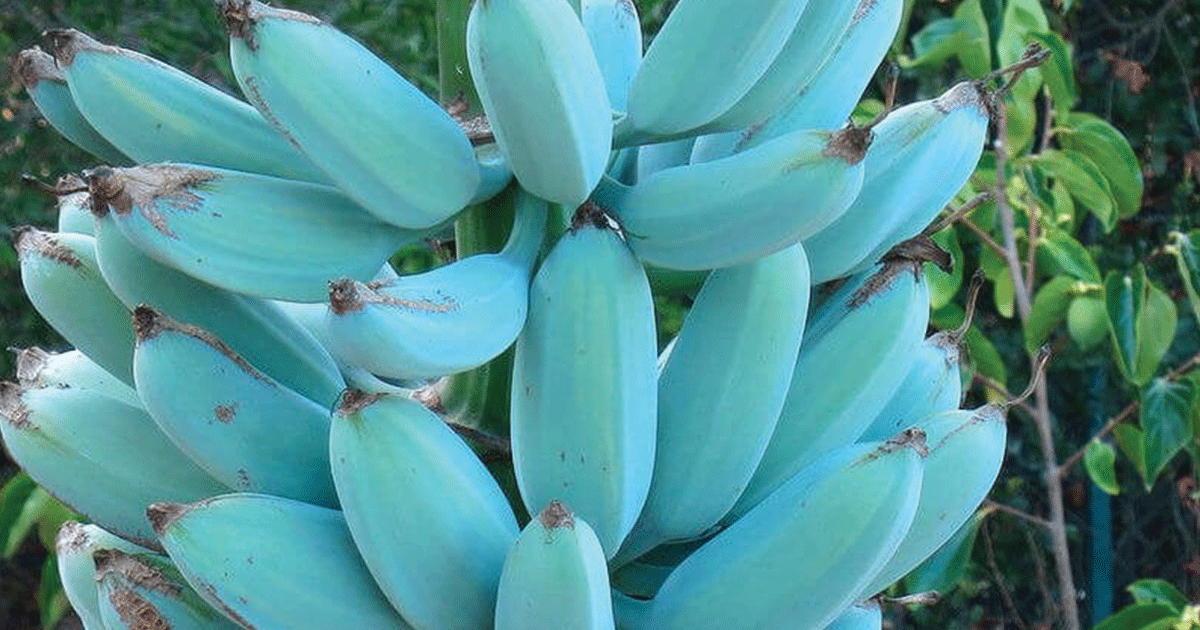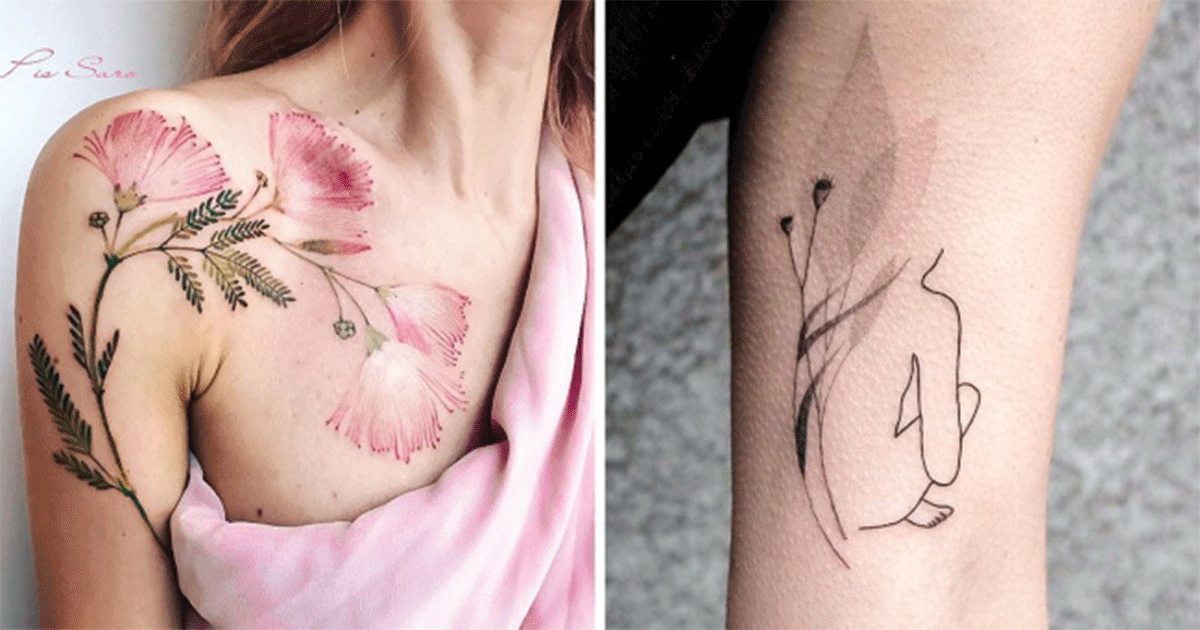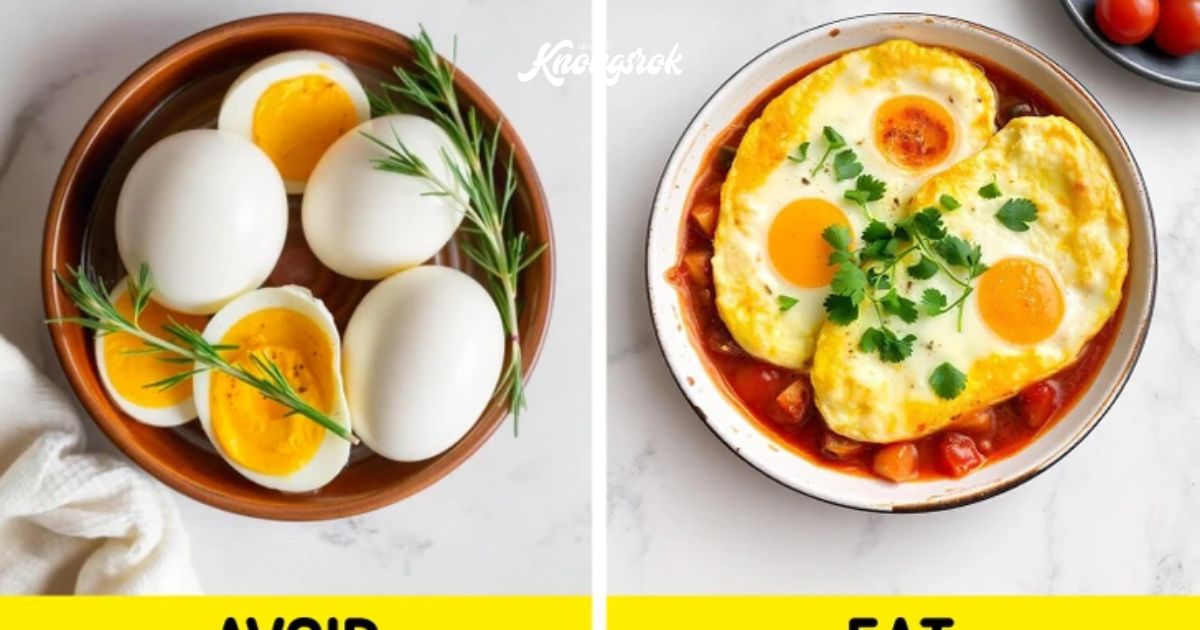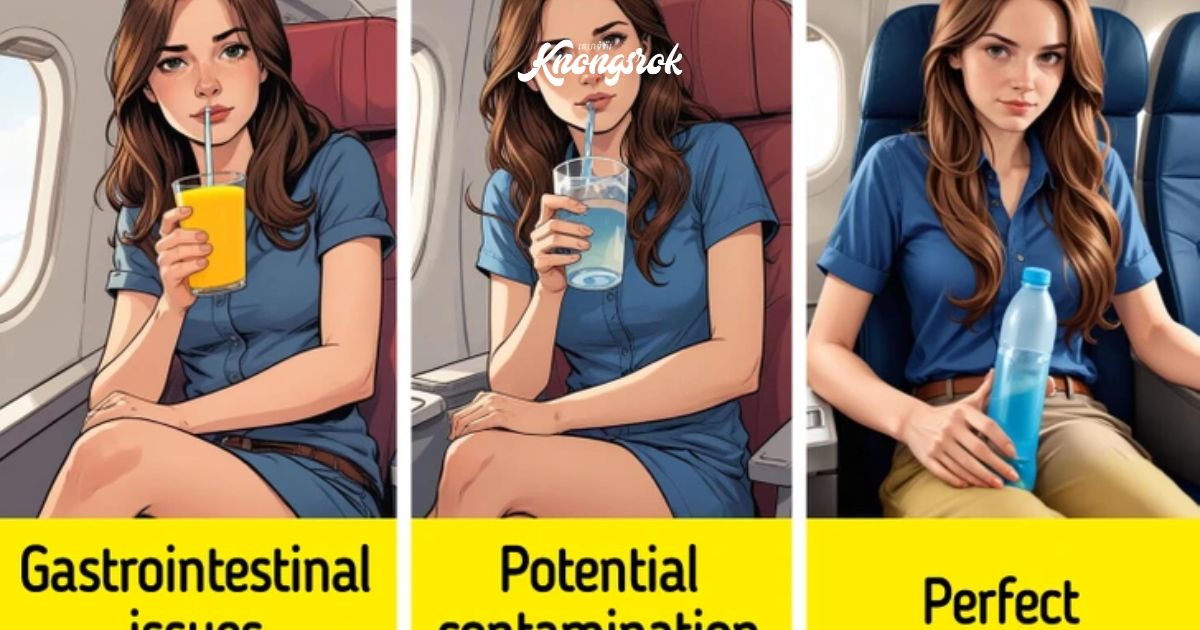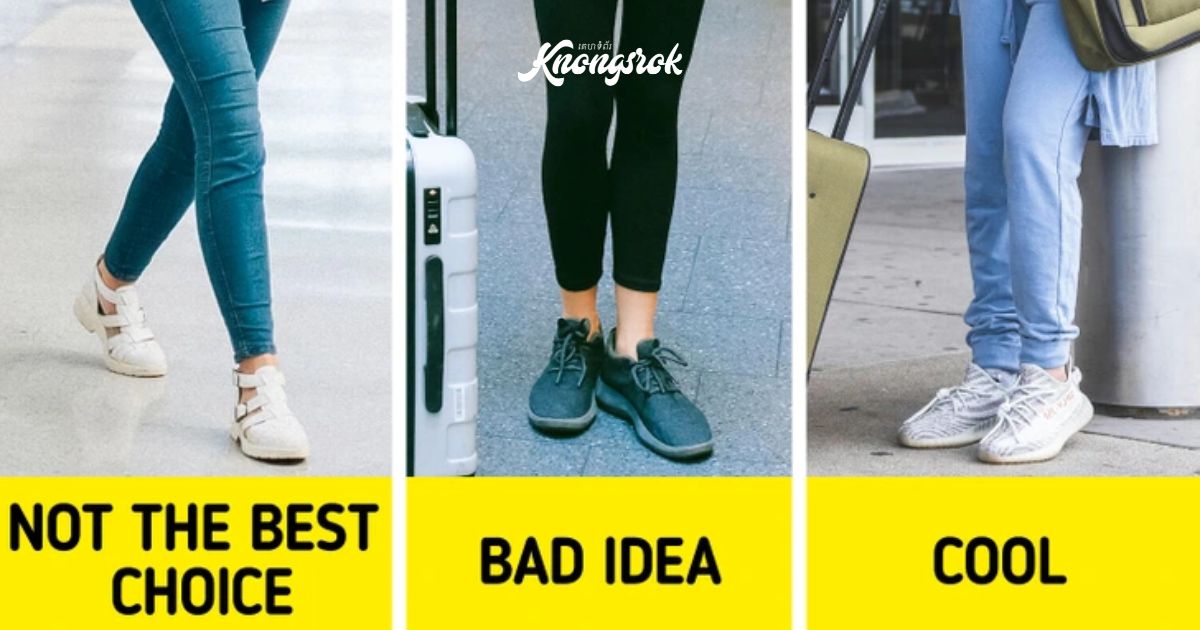Did You Know? Hot water will turn into ice faster than cold water.
Yes, that’s true! The phenomenon of hot water turning into ice faster than cold water is known as the Mpemba effect1. It was named after a Tanzanian student who observed his hot ice cream mix freezing more rapidly than the hard version 1. Separating homemade ice cream into ice cube trays also speeds up freezing1.
The Mpemba effect is still not fully understood by scientists and there are many theories about why it happens. One idea is that hot water evaporates more quickly than cold water, which reduces the amount of water that needs to be frozen2. Another theory is that hot water has less dissolved air than cold water, making it easier to freeze3.

Yes, this phenomenon is known as the Mpemba effect. The Mpemba effect is the observation that, under certain conditions, warmer water can freeze faster than colder water. Although it’s counterintuitive, the effect has been documented experimentally in various forms.
Why Does It Happen?
The exact reasons behind the Mpemba effect are still debated among scientists, but several theories have been proposed:
1. Evaporation: Warmer water has a higher rate of evaporation, which reduces the volume of water that needs to be frozen. The reduction in volume might allow the remaining water to freeze more quickly.
2. Temperature Distribution: Warm water may have a different temperature distribution when compared to cold water. If the warmer water cools unevenly, parts of it might reach the freezing point faster.
3. Supercooling: Cold water can sometimes cool below its freezing point without becoming solid (a state known as supercooling). Warmer water might be less likely to supercool and thus might start freezing sooner.
4. Convection Currents: In warm water, convection currents are stronger, which could result in a more uniform cooling process compared to colder water, potentially leading to faster freezing.
5. Dissolved Gases: Warm water can hold fewer dissolved gases than cold water. The release of gases during heating might influence the freezing process.
Is It Always True?
The Mpemba effect doesn’t always occur and is highly dependent on the specific conditions, such as the type of container, the temperature of the freezer, and the properties of the water used. The phenomenon is still a topic of active research, and there isn’t a universally accepted explanation for it.




